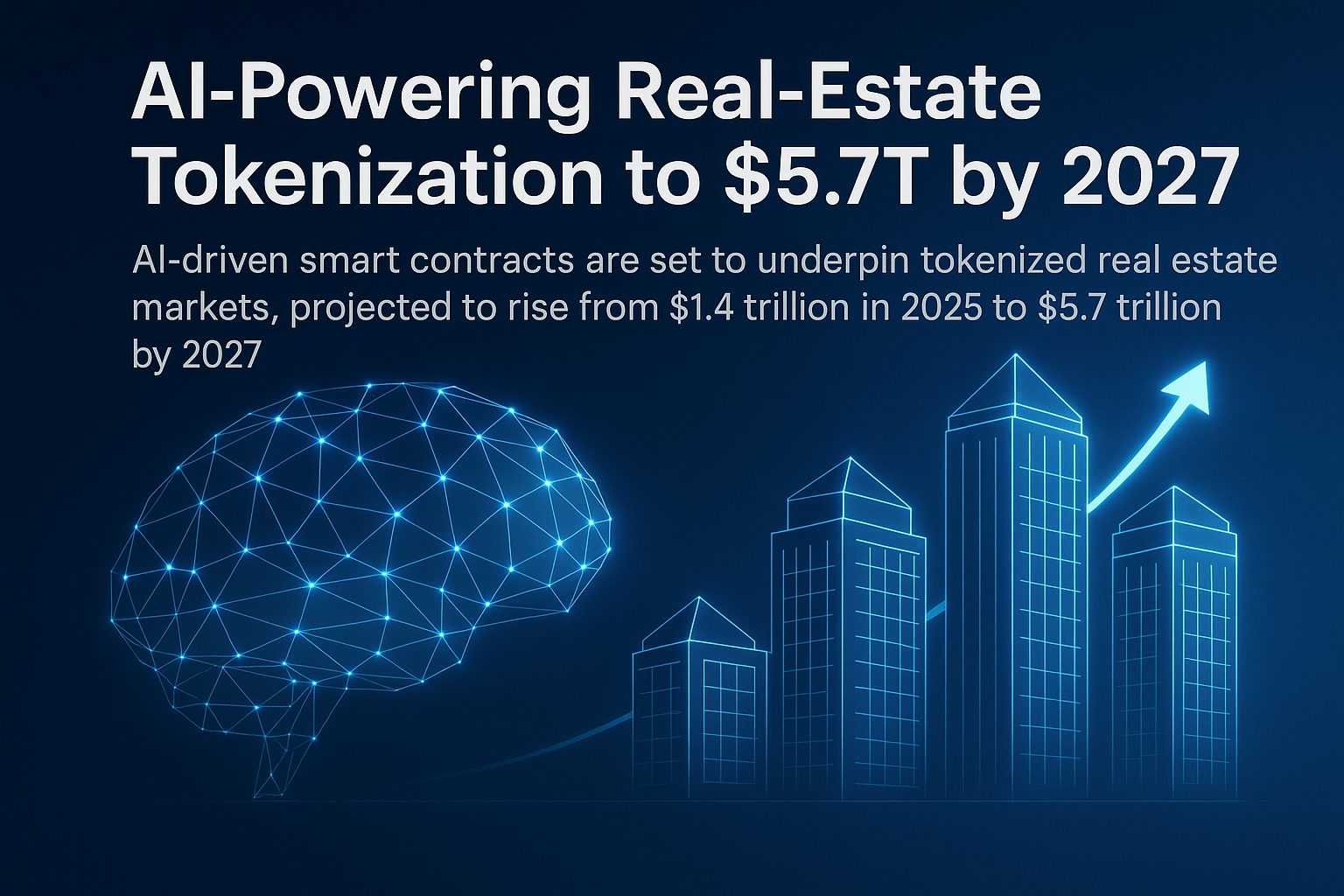Artificial intelligence (AI) and cloud computing continue to shape the future of technology, driving innovation across industries. As we move into 2025 and beyond, several transformative trends are emerging, including the integration of quantum computing, agentic AI, and augmented reality (AR). These advancements are set to redefine how we interact with digital ecosystems, raising critical ethical and operational considerations.
Quantum Computing Meets Cloud AI
Quantum computing has long been heralded as a game-changer for AI. With its ability to process complex calculations exponentially faster than classical computers, quantum computing is set to revolutionize AI model training, encryption, and optimization tasks. Major cloud providers, including AWS, Google Cloud, and Microsoft Azure, are integrating quantum computing capabilities into their platforms, making quantum-powered AI more accessible to enterprises.
Key benefits of quantum-enhanced AI include:
- Accelerated Machine Learning – Faster training and inference of deep learning models.
- Advanced Cryptography – Strengthening cybersecurity with quantum-resistant encryption.
- Optimization of Logistics and Finance – Enhancing decision-making in supply chains and financial markets.
Despite its promise, the widespread adoption of quantum computing in cloud AI faces challenges, including high costs, energy demands, and the need for specialized hardware.
Agentic AI: Autonomous and Adaptive Systems
The rise of agentic AI represents a shift from reactive AI models to autonomous agents capable of making complex decisions with minimal human intervention. These AI systems, powered by large language models (LLMs) and reinforcement learning, are being integrated into cloud computing environments to automate processes, improve efficiency, and personalize user experiences.
Applications of agentic AI in cloud computing include:
- Autonomous IT Operations (AIOps) – Self-healing cloud infrastructure that detects and resolves issues in real time.
- AI-Powered Business Process Automation – Intelligent agents optimizing workflows in finance, healthcare, and customer service.
- Personalized Digital Assistants – AI-driven virtual assistants that learn and adapt to user preferences.
As agentic AI becomes more sophisticated, ethical concerns surrounding decision transparency, accountability, and bias mitigation will need to be addressed.
Augmented Reality in Cloud Computing
Augmented reality (AR) is gaining momentum in cloud computing, bridging the gap between physical and digital experiences. Cloud-based AR leverages AI-driven spatial computing to enable real-time interactions in industries such as retail, healthcare, and education.
Key use cases of AR in the cloud include:
- Remote Collaboration – Cloud-powered AR tools enhance virtual meetings with interactive 3D visualizations.
- Training and Simulation – AI-driven AR simulations improve workforce training in manufacturing and medical fields.
- Enhanced Customer Experience – AR-enabled cloud platforms offer immersive shopping experiences and virtual try-ons.
The success of AR in cloud computing depends on advancements in edge computing, 5G connectivity, and AI-driven rendering technologies.
Ethical and Security Considerations
As AI and cloud computing evolve, ethical considerations become increasingly important. Issues such as data privacy, algorithmic bias, and the environmental impact of large-scale AI models require proactive regulation and governance. Organizations adopting AI-powered cloud solutions must prioritize:
- Fair and Transparent AI – Implementing explainable AI frameworks.
- Robust Security Measures – Strengthening data protection and cybersecurity strategies.
- Sustainable AI – Reducing energy consumption of cloud-based AI models.
The convergence of AI and cloud computing with quantum computing, agentic AI, and AR is poised to redefine digital interactions and enterprise operations. While these technologies unlock new opportunities, they also present challenges that demand responsible development and deployment. Organizations that embrace these advancements while addressing ethical concerns will be at the forefront of the next era of AI-driven cloud computing.




